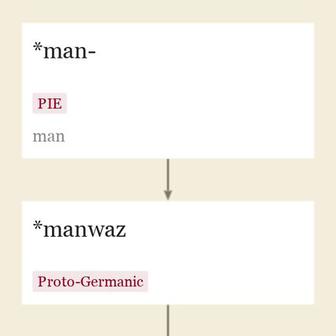gunman n.
1620s, from gun (n.) + man (n.). In early American English use, especially of Indian warriors.
Entries linking to gunman
mid-14c., gunne "
The woman's name is from Old Norse Gunnhildr, a compound of gunnr and hildr, both meaning "
The identification of women with powerful weapons is common historically (such as Big Bertha, Brown Bess, Mons Meg, etc.).
Or perhaps gun is directly from Old Norse gunnr "
Meaning grew with technology, from cannons to firearms as they developed 15c.; popularly applied to pistols and revolvers from 1744. In modern military use the word is restricted to cannons (which must be mounted), especially long ones used for high velocity and long trajectory. Hence great guns (1884 as an exclamation) distinguished from small guns (such as muskets) from c. 1400. Meaning "
[G]un covers firearms from the heaviest naval or siege guns (but in technical use excluding mortars and howitzers) to the soldier's rifle or the sportsman's shotgun, and in current U.S. use even the gangster's revolver. In the other European languages there is no such comprehensive word, but different terms for the small or hand gun of the soldier or sportsman (even these, sometimes differentiated) and the heavy naval guns or artillery pieces .... [Buck, 1949]

"
Sometimes connected to root *men- (1) "
Specific sense of "
Man also was in Old English as an indefinite pronoun, "
As "
Man-about-town "
So I am as he that seythe, 'Come hyddr John, my man.' [1473]
MANTRAP, a woman's commodity. [Grose, "Dictionary of the Vulgar Tongue," London, 1785]
At the kinges court, my brother, Ech man for himself. [Chaucer, "Knight's Tale," c. 1386]
updated on October 02, 2012